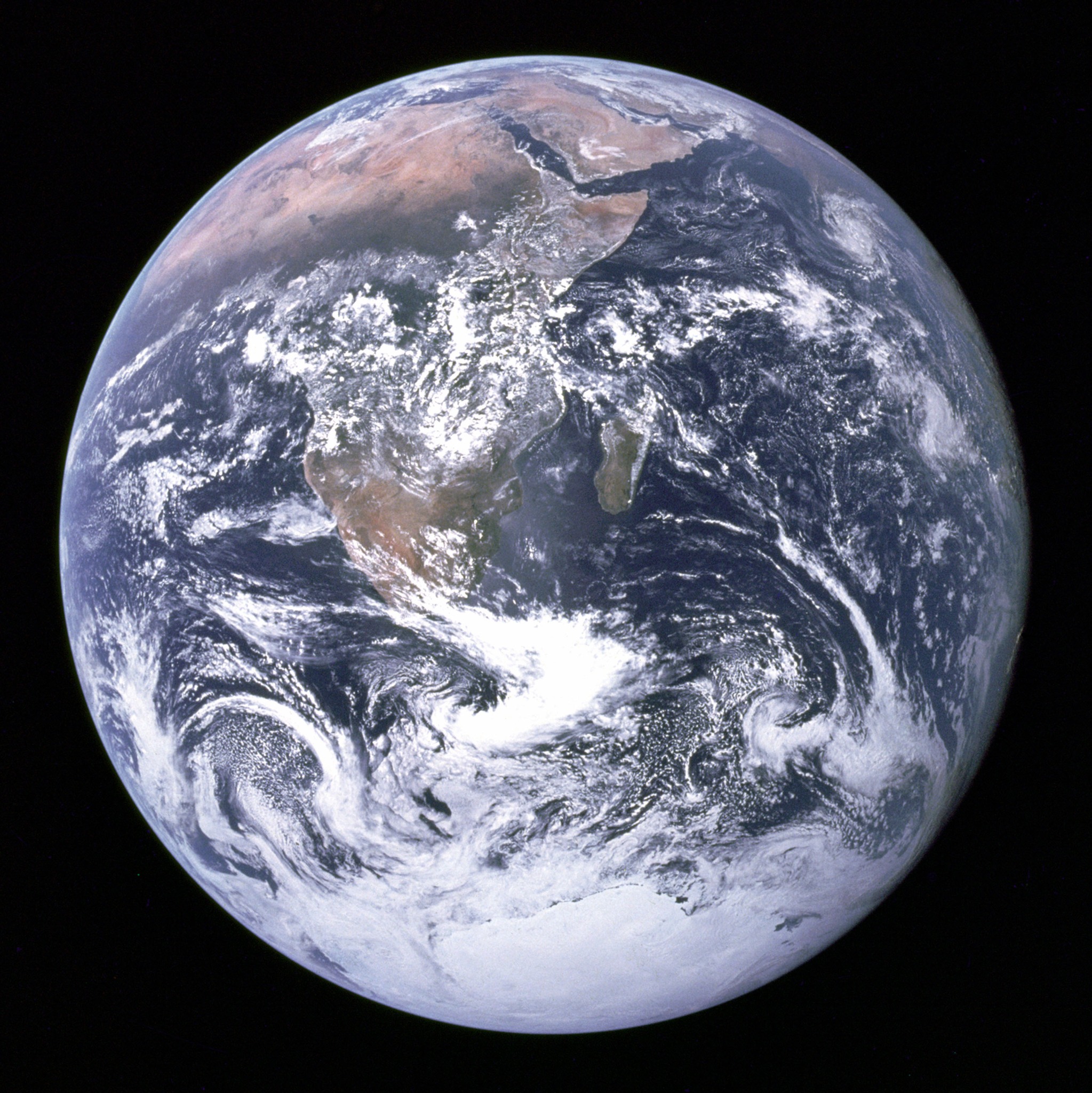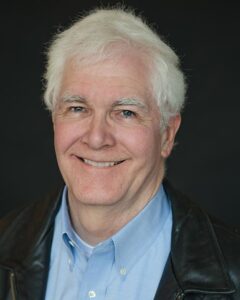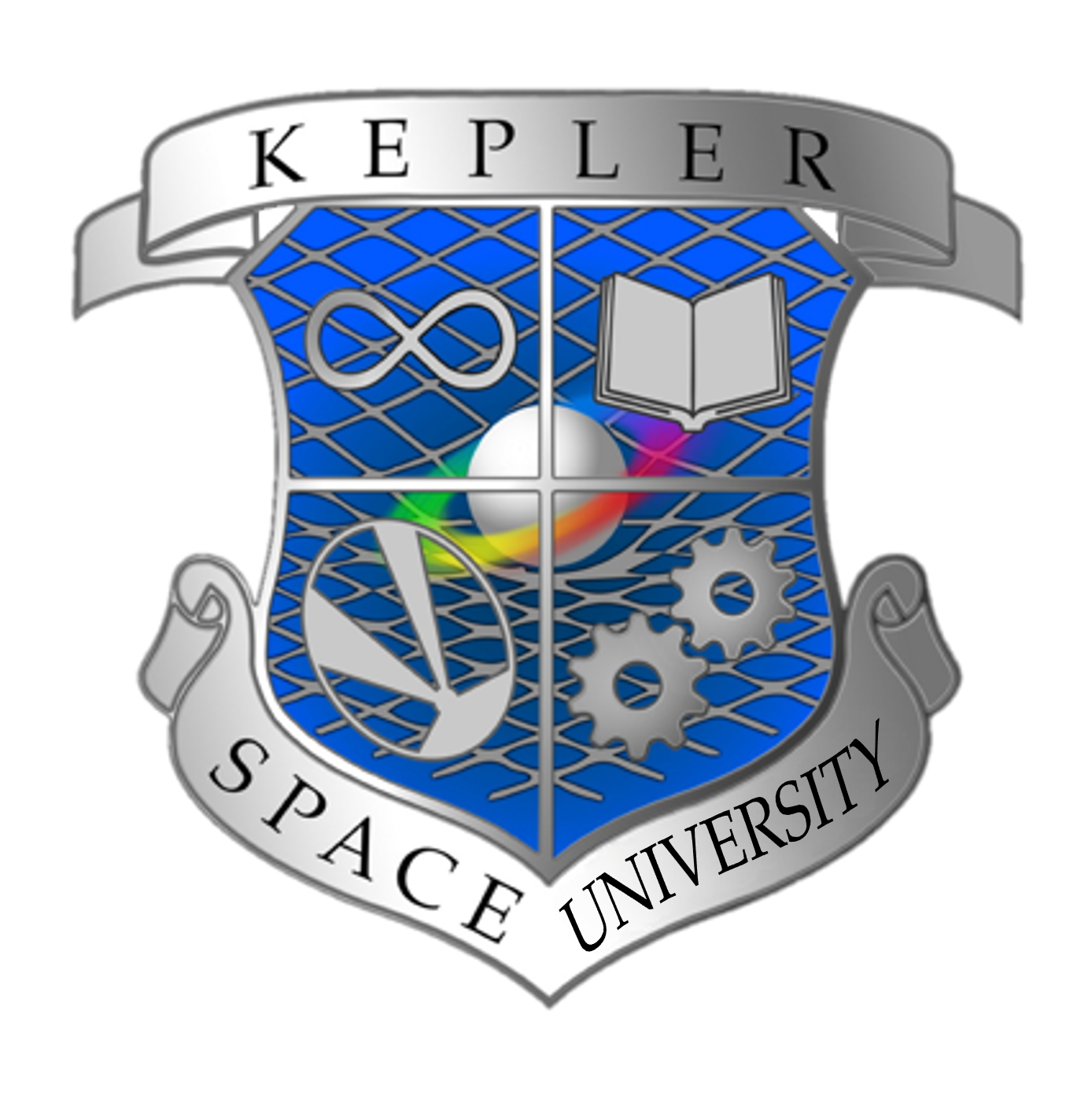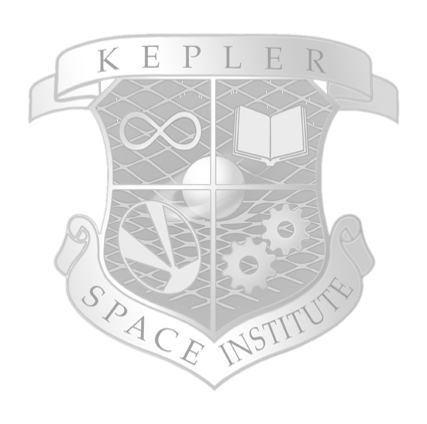THE OVERVIEW EFFECT: PAST, PRESENT, FUTURE
BY FRANK WHITELearn about the theory of the Overview Effect, as conceived and developed by Frank White, who will be the Instructor.
FORMAT
Weekly live sessions
ONLINE ACCESS
Progress at your own pace
6 WEEKS
2 hours per week
UPCOMING
SESSIONS
ABOUT THIS COURSE

THE OVERVIEW EFFECT: PAST, PRESENT, FUTURE
This space course delves into the evolution of the Overview Effect, examining its origins, current understanding, and the potential implications for the future.
Structure of the Course: One two-hour meeting, once a week for six weeks.
Content of the Course: The course will focus on the theory of the Overview Effect, as conceived and developed by Frank White, who will be the instructor.
Reading/Viewing for the Course: The primary reading for the course will be the following books: (1) Gerard K. O’Neill’s The High Frontier: Human Colonies in Space, (2) Humanizing Space: The Life of Gerard K. O’Neill, by Dylan Taylor, with John DiSimone, (3) The Overview Effect: Space Exploration and Human Evolution, by Frank White. The primary viewing will be NASA’s “The Astronaut’s Perspective,” part of the “Down to Earth” series. Additional readings and viewings will be added as needed.
WHAT YOU’LL LEARN
The Overview Effect is a profound psychological and cognitive shift in awareness reported by some astronauts during spaceflight, particularly when viewing the Earth from space. It is characterized by a sense of awe, interconnectedness, and a deep understanding of the fragility and unity of our planet. The term was coined by author Frank White in 1987.
Astronauts who have experienced the Overview Effect often describe a transformative shift in their perspective, realizing the Earth as a small, fragile, and interconnected “blue marble” suspended in the vastness of space. This shift often leads to a heightened awareness of environmental issues, a sense of responsibility for the well-being of the planet, and a desire to promote global cooperation.
SYLLABUS
This 6-week space course will be offered online once a week for two consecutive hours. Learn about the theory of the Overview Effect, as conceived and developed by Frank White, who will be the Instructor.
Session One: Before the Overview Effect
The first person to experience the Overview Effect directly was Yuri Gagarin, who orbited the Earth once in 1961. Frank White’s first public use of the term was in 1985, at a Space Studies Institute conference. His book, The Overview Effect: Space Exploration and Human Evolution, was published in 1987. So, astronauts and cosmonauts were having this experience for 26 years before it had a name.
Session Two: The Early Overview Effect
From 1961 to 1968, astronauts and cosmonauts experienced the Overview Effect in Low Earth Orbit or on suborbital hops. During this time, they typically remarked on the beauty of our planet, and began to note the lack of borders and boundaries on its surface.
Session Three: The Apollo Missions
The first mission to take humans to the vicinity of the Moon was Apollo 8, which flew in late December of 1968. This was a major event in the history of the Overview Effect. For the first time, we saw the planet as a whole, through the eyes of other human beings, and the iconic “Earthrise” photo was taken. Although the missions to the Moon only lasted four years, they had incredible impact on our consciousness, and gave a huge boost to the environmental movement.
Session Four: Space Stations
Early in the first Space Age, the United States and the Soviet Union began to develop space stations as destinations for their launches. After losing the race to the Moon, the USSR in particular, focused on long-term stays in Low Earth Orbit. In 1971, they launched the first space station, Salyut 1, which was followed by the American Skylab and Mir, another Soviet effort. All of these have, of course, been overshadowed by the remarkable International Space Station (ISS), which has become an outstanding example of international cooperation and experiencing the Overview Effect.
Session Five: Commercial Spaceflights and Virtual Reality
It was clear from the beginning of my research that the Overview Effect is a positive experience and that it would be good for the world for more people to have it. It was also clear that this would be accomplished through commercial spaceflights and simulations of the experience, such as virtual reality. Today, both of these are options, and we will discuss them in this session.
Session Six: Looking Ahead
Where do we go from here? Will the Overview Effect provide a unifying symbol for the citizens of planet Earth, only to be ignored when humanity begins Large-Scale Space Migration into the solar ecosystem? Will humans on Mars experience the Overview Effect, or something else? We will discuss these and other topics as we complete the course.
INSTRUCTOR
Frank White has authored or coauthored numerous books on topics ranging from space exploration to climate change to artificial intelligence. His best-known work, The Overview Effect: Space Exploration and Human Evolution, is considered by many to be a seminal work in the field of space exploration. A film called Overview, based largely on his work, has had nearly 8 million plays on Vimeo. Since the first edition of his book on the subject was published in 1987, the Overview Effect has become a standard term for describing the spaceflight experience. The fourth edition of The Overview Effect, including original interviews with 31 astronauts, was published in 2021. White considers himself to be a space philosopher, and he has long advocated developing a new philosophy of space exploration. His book on this topic, The Cosma Hypothesis: Implications of the Overview Effect, was published in 2019. In it, he asks the fundamental question, “What is the purpose of human space exploration? Why has the evolutionary process brought humanity to the brink of becoming a spacefaring species?” In the book, he shares the idea of “the Human Space Program” as a “central project” that will engage all of us in the process of becoming “Citizens of the Universe.”

Frank White
The Overview Effect Institute, Human Space Program, Kepler Space University
WAYS TO ENROLL
The Overview Effect: Past, Present, Future
The course will focus on the theory of the Overview Effect, as conceived and developed by Frank White, who will be the Instructor. The Structure of the Course is one two-hour meeting once a week for six weeks.
PROFESSIONAL $900 USD
EDUCATOR $500 USD
STUDENT $300 USD
Frequently Asked Questions (FAQs)
Who can enroll?
Students from all walks of life are invited to enrol! All you need is access to email and a strong internet connection to participate in live sessions and watch KSU educational content.

